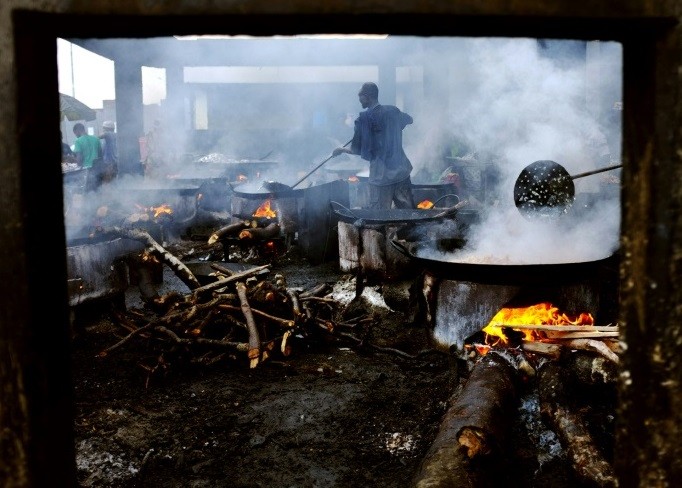14/05/2024
14/05/2024

PARIS, France, May 14: An international energy summit aimed at reducing millions of premature deaths worldwide, particularly in Africa, is poised to commence in Paris. The summit's primary objective is to mobilize billions of dollars to facilitate expanded access to clean cooking methods.
Delegates from 50 nations are scheduled to convene in the French capital on Tuesday to deliberate on strategies to assist billions of individuals in adopting safer kitchen practices, which can emit lethal pollutants and contribute to global warming.
According to the International Energy Agency (IEA), which is leading the summit, approximately 2.3 billion people across 128 countries are exposed to harmful smoke while cooking on rudimentary stoves or open flames. In a recent joint report with the African Development Bank (ADB), the IEA revealed that these cooking methods result in the annual deaths of 3.7 million individuals, with children and women bearing the brunt of the impact.
Laura Cozzi, the IEA's director of sustainability and technology, emphasized the multifaceted nature of the problem, stating, "It touches on gender, it touches on forestry, it touches on climate change, it touches on energy, it touches on health."
A third of the global population relies on fuels that emit hazardous fumes when burned, including wood, charcoal, coal, animal dung, and agricultural waste. These pollutants contaminate indoor and outdoor air, leading to respiratory and cardiovascular ailments, including cancer and strokes. Notably, these cooking practices rank as the third leading cause of premature deaths globally and the second highest in Africa, with pneumonia being a significant concern among children.
Transitioning to clean cooking methods, such as gas or electric stoves, could mitigate 1.5 billion tonnes of carbon dioxide emissions annually by 2030 – an amount equivalent to last year's emissions from ships and planes combined, according to the IEA.
However, implementing these changes entails substantial financial investments. The ADB aims to raise $4 billion to provide clean cooking access to 250 million Africans by 2030. While this amount constitutes a small fraction of the $2.8 trillion global energy investment annually, it holds immense potential to yield long-term benefits.
Dan Wetzel, an IEA expert, underscored the unparalleled impact of such interventions, stating, "Dollar for dollar, it's hard to imagine a single intervention that could have more bang for its buck in terms of health emissions and development than this."
Financial support is crucial as many households in Africa lack the resources to afford suitable cookers or fuel. The IEA advocates for robust national leadership alongside grassroots initiatives to reshape social norms surrounding cooking practices.


